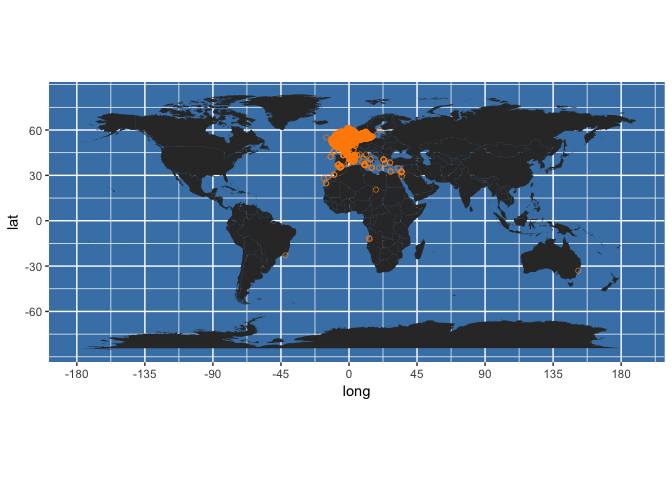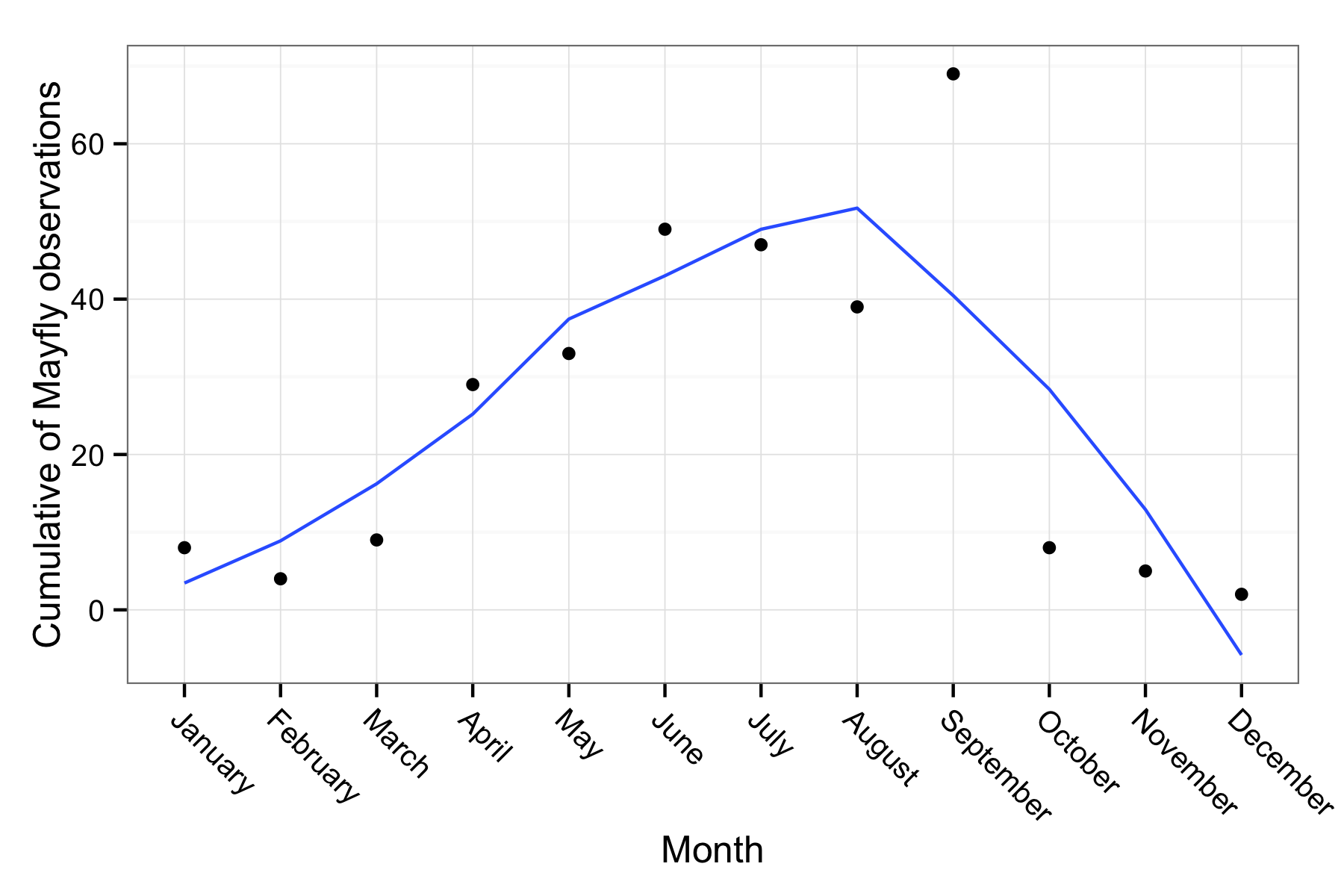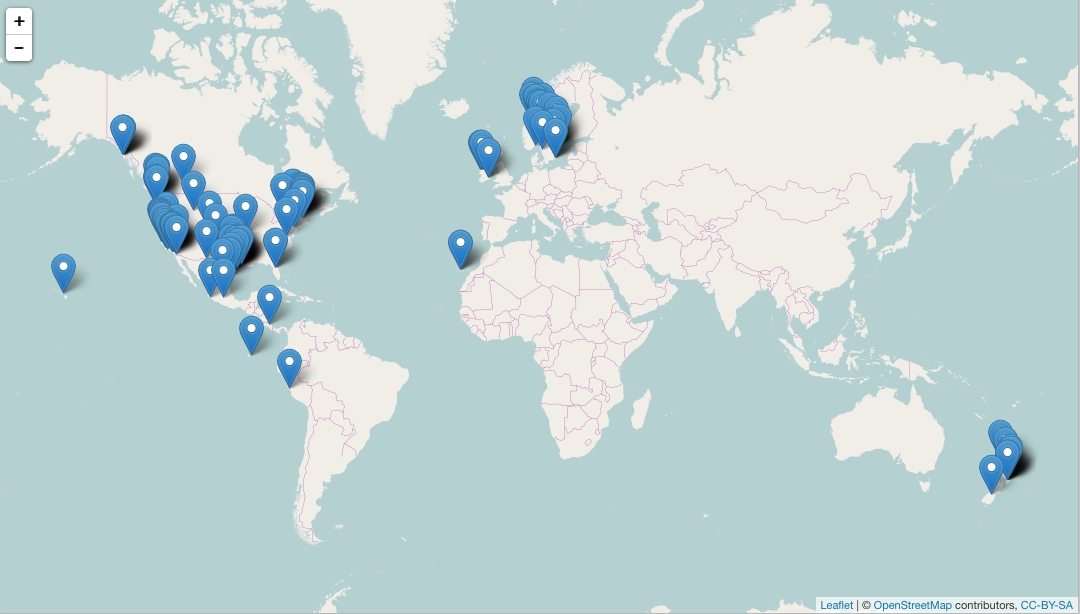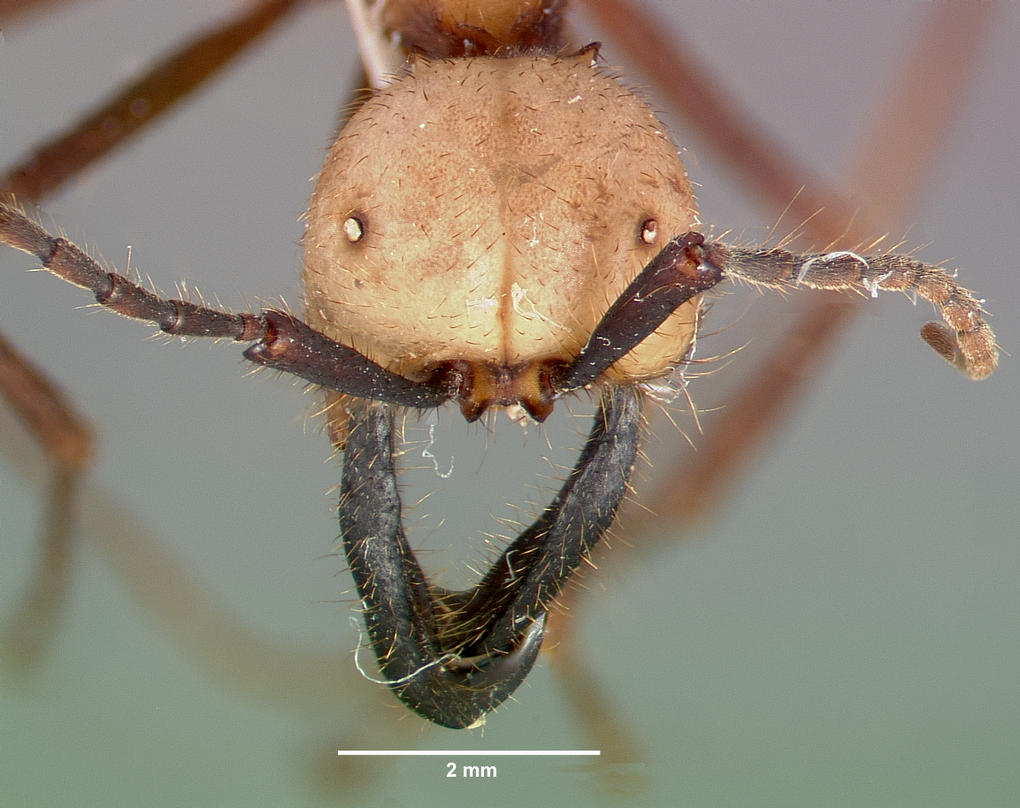
Our next Community Call, on March 27th, aims to help people learn about using rOpenSci’s R packages to access and analyze taxonomy and biodiversity data, and to recognize the breadth and depth of their applications. We also aim to learn from the discussion how we might improve these tools.







